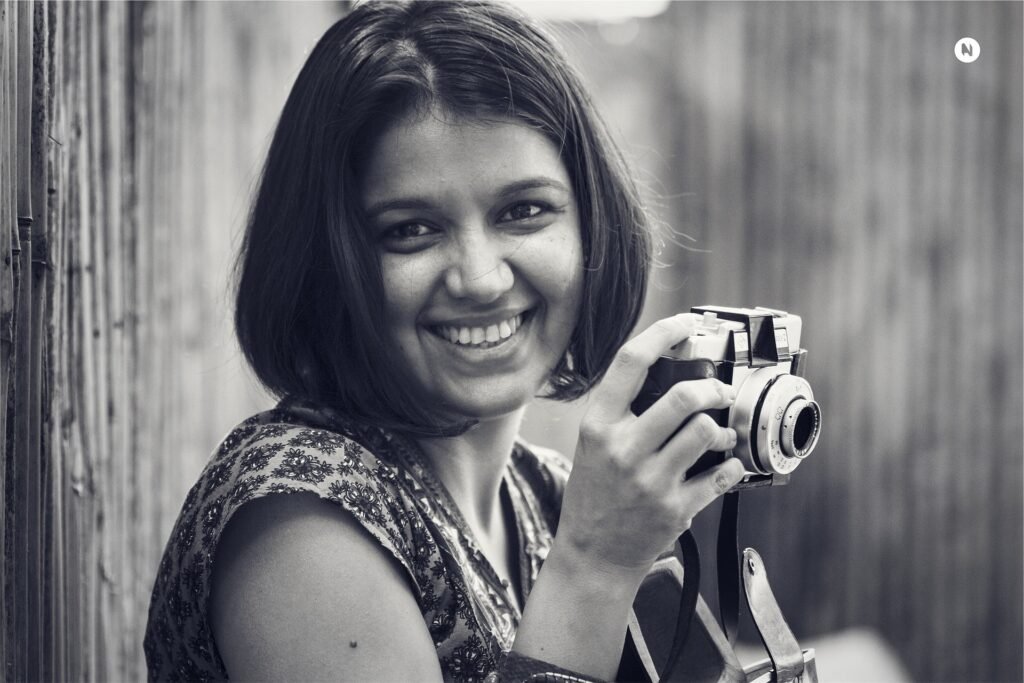
How to Become a Professional Photographer

Are you a creative individual? Being a photographer can help you express your imaginative side since you’ll meet diverse people while working in a broad range of settings. But it’s also technically demanding, so you’ll need to have the right training. Once you have the needed skills, you can work for many types of companies or even start your own business.
Get the Right Training
You can learn how to become a photographer without formal training by practicing yourself. But getting a degree can add value to your skills, experience, and career prospects. Before becoming professionals, many have taken courses at universities. You’ll also need creativity, a sharp eye for detail, and technical skills. You can get everything from a certificate to a master’s degree. A certificate can be done in as little as a few months. On the other hand, a bachelor’s degree in photography would take closer to four years. Think about your career goals and look up specific jobs to get an idea of what level of training you’ll need. For instance, if you want to start your own photography company, you might want to consider getting a degree in business. No matter what kind of training you choose, you may need to take out private student loans to pay for school. That way, you don’t have to worry about maxing out your federal loans.
Find a Focus
Your internship and educational experiences will help you learn the creative and technical skills you need. It will also help you decide what kind of photography you want to specialize in. Define your style and focus on the genre you like. For instance, do you want to be an event or wedding photographer? Or does commercial photography seem to be a better fit? No matter what niche suits you, spend some time researching it. Develop the way you capture the world. Do you enjoy something specific like portraits, humor, or black and white? Trust your creative vision to develop a unique style. Don’t be afraid to experiment with lighting, different subjects, and editing processes. And keep up with blogs and research specific to your industry to get your creativity flowing.
Work on Your Portfolio
Another reason to practice is that it will give you a wide range of finished work. Your portfolio will help you be successful since it will allow your future clients to see how skilled and talented you are. Pick the best images that show off a range of skills. When you’re starting, don’t be afraid to do a free or low-paying project if it adds value to your portfolio. You’ll want to create a website, which can bring in new clients beyond the people you know. If you can get your site on the front page of search engines, you’ll show up when someone is looking for a photographer. Make sure that your site, connect, and branding reflect what you specialize in, so you bring in the right customers. Consider registering your site with your local photography organizations to become certified.
Feature image courtesy of Pixabay















![Artist Robi Walters [INTERVIEW]](https://luxebeatmag.com/wp-content/uploads/2022/03/Robi-440x264.jpg)





















